Mediation & the Mental Capacity Act Code of Conduct
The guidance from the Mental Capacity Act Code of Practice could not be more in favour of mediation and says:
“15.3. It is usually best to try and settle disagreements before they become serious disputes. Many people settle them by communicating effectively and taking the time to listen and address worries. Disagreements between family members are often the best settled informally, or sometimes through mediation....”
“15.7. A mediator helps people to come to an agreement that is acceptable to all parties. Mediation can help solve a problem at an early stage. It offers a wider range of solutions than the court can – and it may be less stressful for all parties, more cost effective and quicker. People who come to an agreement through mediation are more likely to keep to it, because they have taken part in the decision making.”
“15.9. Any case that can be settled through negotiation is likely to benefit from mediation. It is most suitable when people are not communicating well or not understanding each other‘s point of view. It can improve relationships and stop future disputes, so it is a good option when it is in the person’s interest for people to have a good relationship in the future.”
“15.10. In mediation, everybody needs to take part as equally as possible so that a mediator can help everyone involved to focus on the person‘s best interest. It might also be appropriate to involve an advocate to help communicate the wishes of the person who lacks capacity.”
The MCA Code of Practice recognises that mediation is suitable where parties are not listening to each other and it has the advantages of assisting parties to settle informally while providing a wider range of solutions in a less stressful, quicker and more cost effective manner. It assists the parties to focus on the best interests of the individual and can actually improve relationships rather. It is a far more suited process than the adversarial and confrontational option of litigation.
Indeed, we would go one step further and say it is almost negligent not to consider the mediation route before issuing proceedings.

